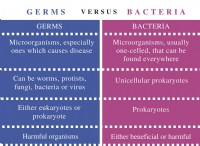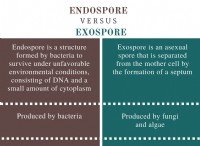1. 단백질 합성 :질소는 단백질의 중요한 성분으로, 조직 복구, 효소 생산 및 면역계 반응을 포함한 다양한 신체 기능에 필수적입니다.
2. Nucleic Acids:Nitrogen is present in nucleic acids like DNA and RNA, which are responsible for genetic information storage and transmission.
3. Amino Acids:Many essential amino acids, the building blocks of proteins, contain nitrogen. These amino acids cannot be synthesized by the human body and must be obtained from dietary sources.
4. 에너지 대사 :질소는 신체 활동 동안 근육 내에서 에너지의 전이를 촉진하는 피의자 인산염과 같은 화합물을 통해 에너지 대사에서 역할을합니다.
5. Nitrogen Cycle:Nitrogen is a key element in the nitrogen cycle, where it undergoes various transformations essential for plant and ecosystem growth. Humans are involved in this cycle through activities like agriculture and industrial processes.
6. 비료 생산 :질소는 식물 성장에 필수적이며 질소 기반 비료는 농작물 수확량을 개선하기 위해 농업에서 널리 사용됩니다. This process helps ensure a sufficient supply of food for the growing human population.
7. Industrial Applications:Nitrogen is utilized in various industrial processes such as the production of fertilizers, explosives, dyes, plastics, and pharmaceuticals.
8. Waste Management:Nitrogen is involved in wastewater treatment and waste management processes, where it aids in the decomposition of organic matter and helps reduce pollution.
9. 대기 조성 :질소는 지구 대기의 약 78%를 구성하여 전체 대기압에 기여하고 날씨 패턴에서 역할을합니다.
Overall, nitrogen is a vital element for humans due to its role in protein synthesis, nucleic acids, amino acids, energy metabolism, fertilizer production, industrial applications, waste management, atmospheric composition, and involvement in the nitrogen cycle.







